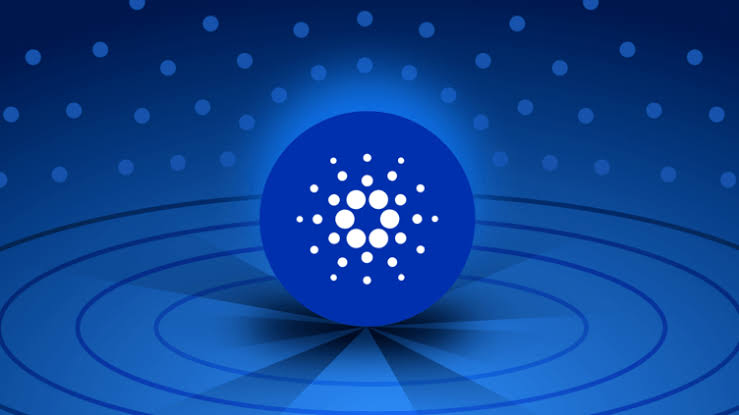Cardano’s network has seen great growth after its upgrade in September 2021, which brought smart contract features, enhancing the platform’s competitiveness against rivals like Ethereum and Solana.
Despite launching in September 2017, Cardano has been heavily chastised for failing to deploy smart contract capabilities.
After the smart upgrade was implemented during the September Alonzo upgrade, Cardano was able to deliver a decentralized financial (DeFi) apps development platform and programmability.
Plutus (a Cardano-based smart contract platform) has seen a surge in popularity among developers, with 1,000 contracts completed in just four months. The total amount of Plutus scripts on the Cardano network is 1,003 as of January 27.
This comes after Cardano announced in September that 800 projects had filed for $4 million in financing to use the network.
Plutus Pioneer courses for developers were running concurrently with the upgrade, according to Cardano developers Input-Output HK.
“Thousands of developers have been taking part in the Plutus Pioneers course, learning the fundamentals of Cardano’s native development framework. Scores of projects have already started developing in Plutus and are at various stages of expertise and readiness,” IOHK said in a blog post in December.
It’s also worth noting that the smart contract capabilities were a pivotal milestone for the ecosystem, given Cardano’s efforts to enhance the network.
Its success, on the other hand, is heavily reliant on developer adoption and the number of dApps that are integrated into the Cardano network.
Users and developers should expect some bumps along the road, especially in the early stages of the project, according to Cardano.
